Thirty years after the genocide, Rwanda has been reborn from its ashes, and women have been the main architects of this extraordinary rebirth. Despite the horror they experienced, Rwandans have shown uncommon resilience and determination, rebuilding their lives and country.
From trauma to leadership, women, who comprise most survivors, have assumed prominent roles in Rwandan society. Today, they are in record numbers in institutions, with female representation in parliament exceeding 68 per cent. This female presence in top political leadership is a strong signal of a country that has made gender equality a priority.
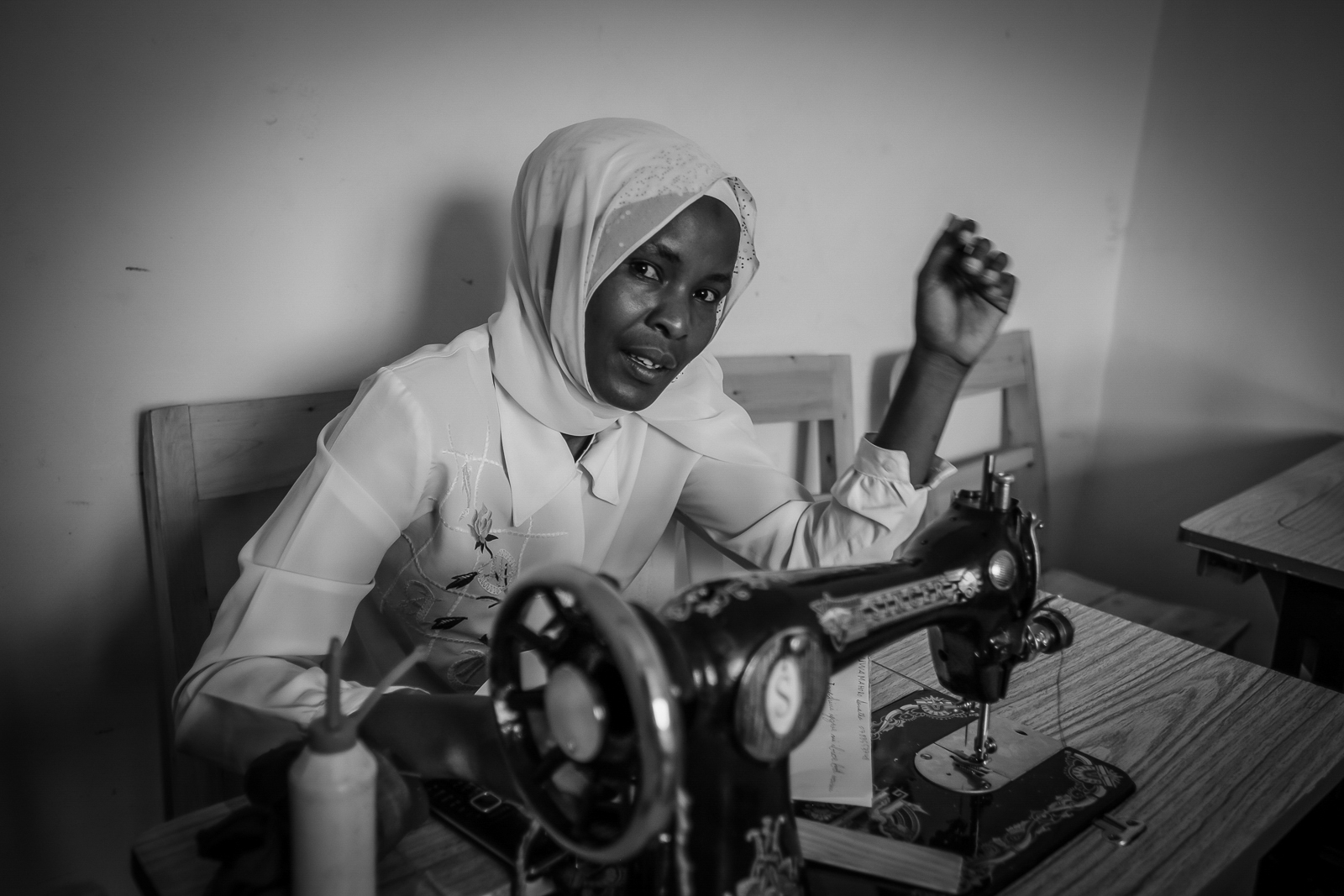
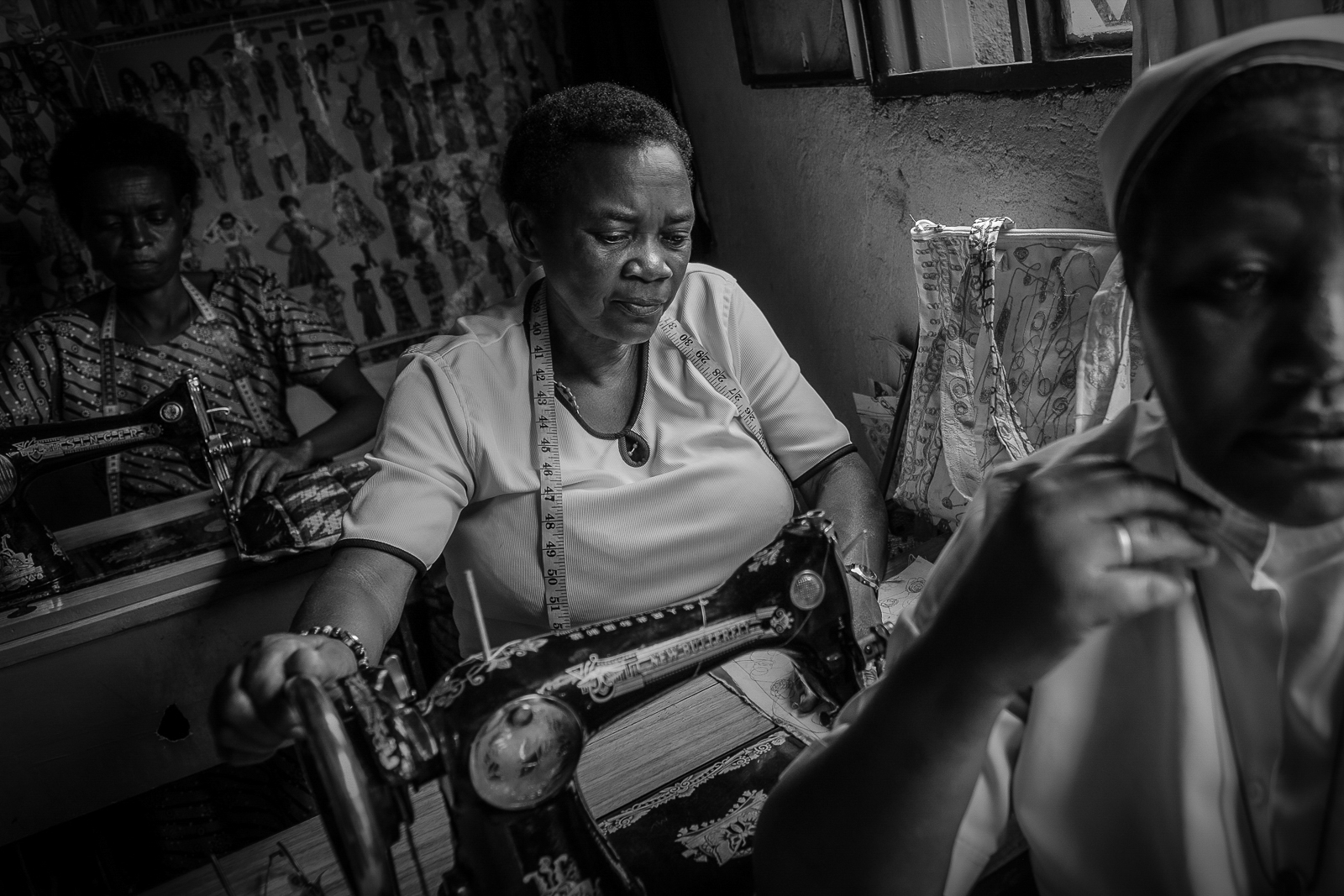
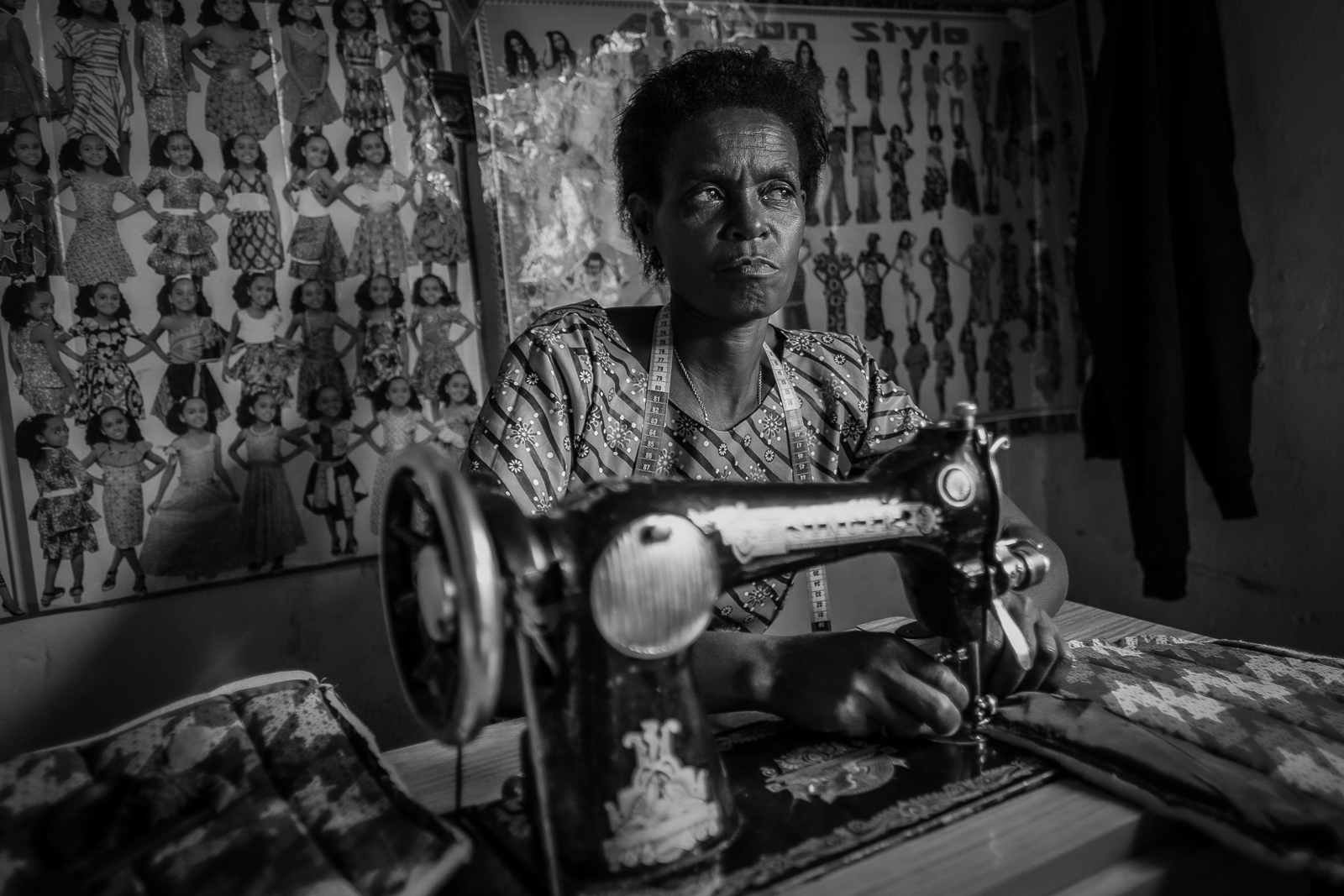
Crucial in this reconstruction process has been the support of International Non-Governmental Organizations. These NGOs have provided essential humanitarian aid, supporting the population during the most difficult times and investing in long-term development projects. Thanks to their efforts, schools, hospitals and infrastructure have been built, and initiatives have been launched to promote reconciliation and social cohesion.
In addition to politics, Rwandan women have also excelled in the economy. Women’s cooperatives, such as the Nyamirambo Women Centre and Dushyigikirane, have sprung up to provide employment opportunities and promote economic independence. These initiatives have not only strengthened the local economy but also helped build a more equitable society.
Despite significant progress, however, Rwandan women still face numerous challenges. Gender-based violence remains a widespread problem, despite laws. In addition, economic inequalities and gender stereotypes persist, especially in rural areas.
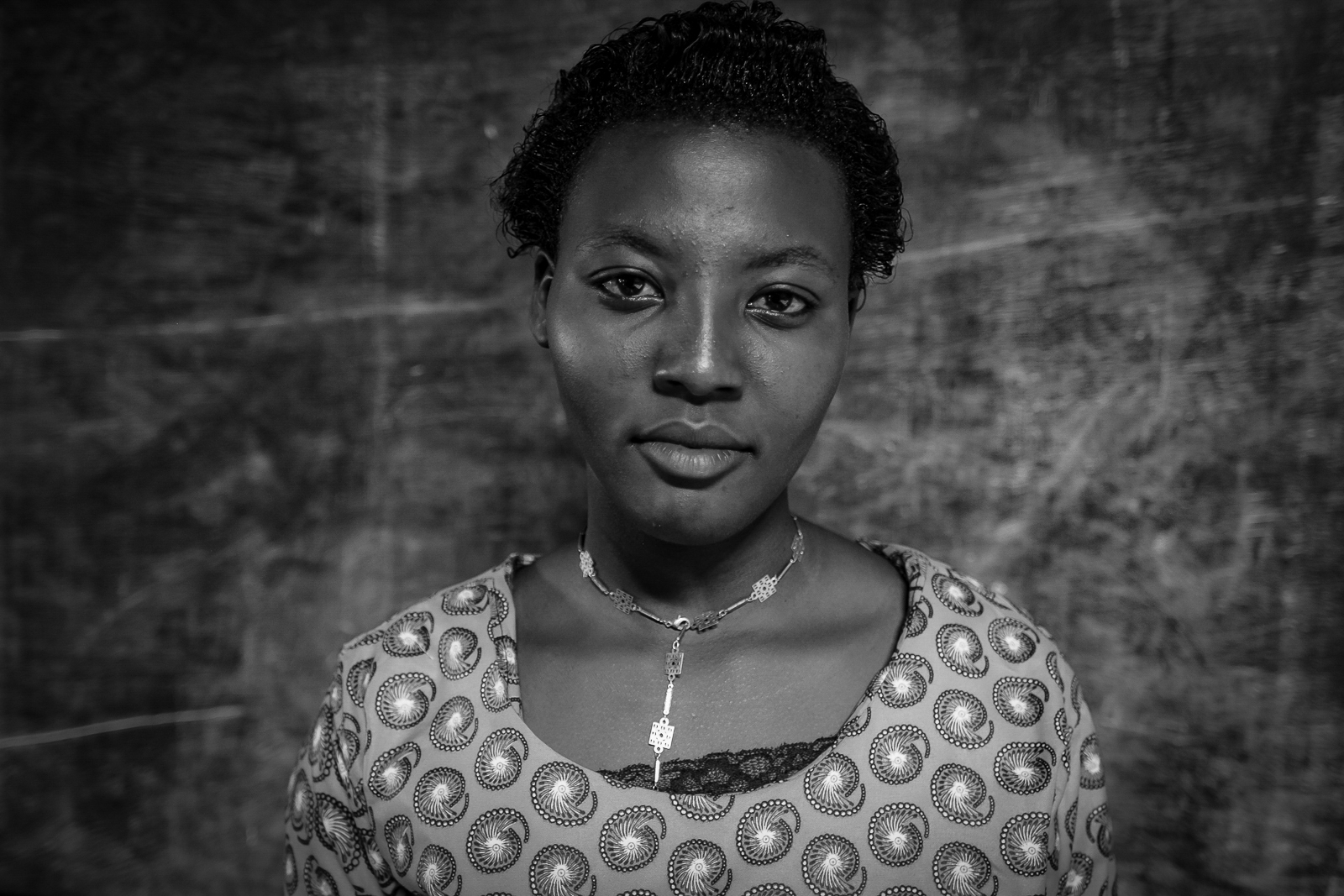
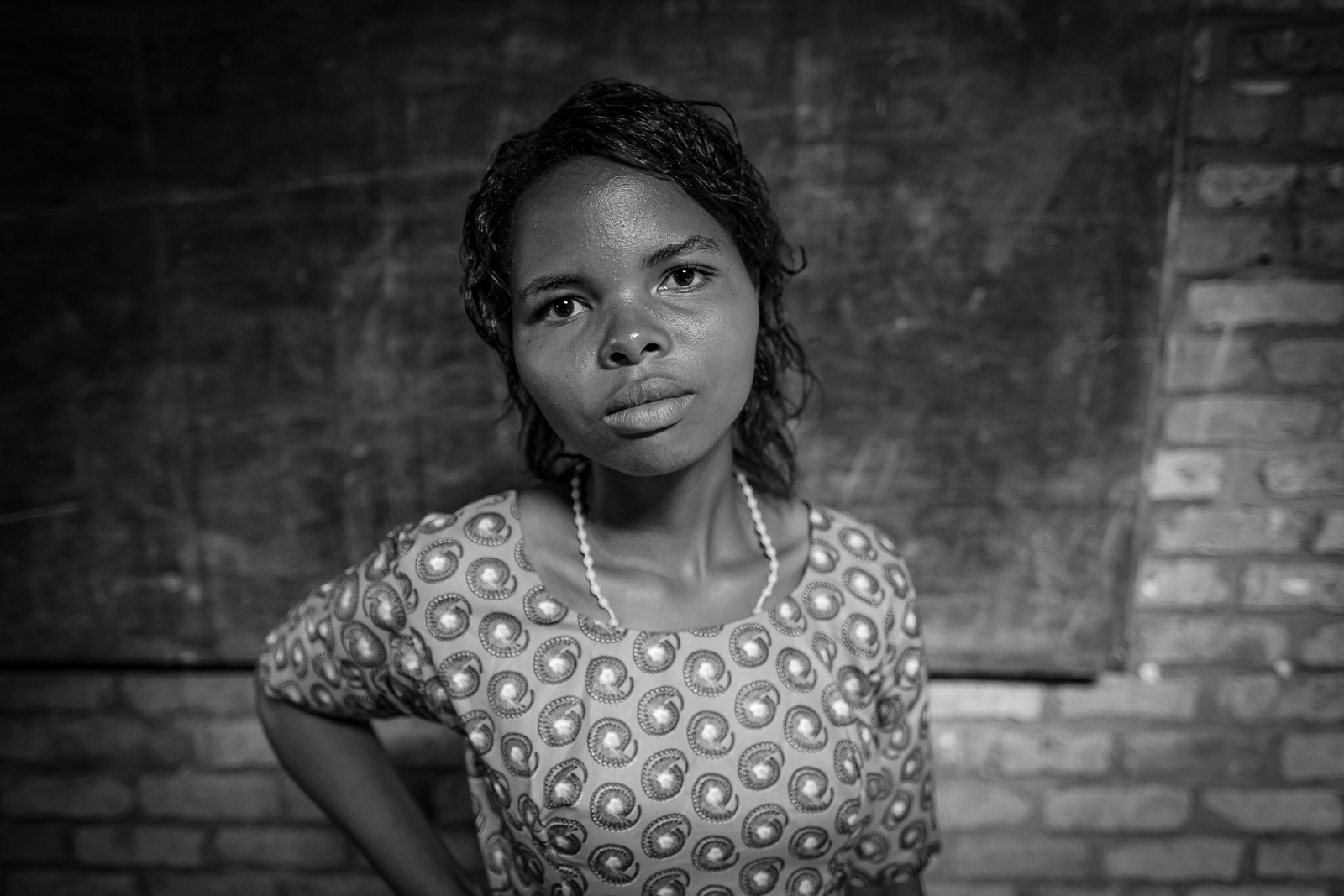
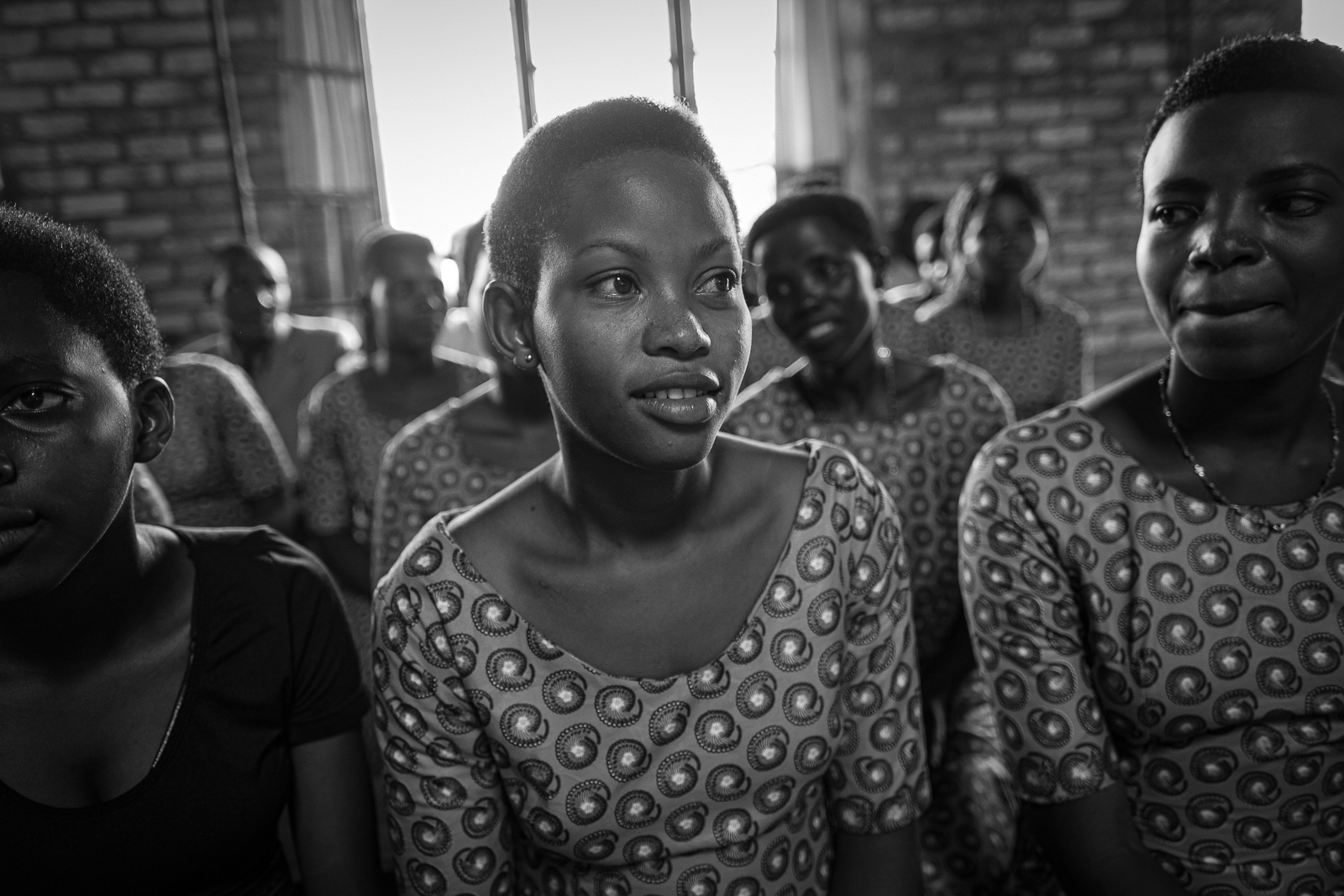
Rwandan women, however, are determined to overcome these obstacles. Their commitment and resilience are an example to the world, showing that even after genocide it is possible to rebuild a country and prosper. Moreover, a particularly remarkable aspect of their role has been to mend the rift between Hutu and Tutsi, the two ethnic groups involved in the genocide. Many women, victims of unprecedented violence, have chosen to forgive and work for reconciliation. They created support groups, promoted inter-ethnic initiatives and encouraged dialogue between communities.
Today’s Rwanda is a country that looks to the future with optimism. Women, with their leadership and commitment, are at the centre of this process of rebirth. Their story is a lesson in strength and hope, an example for all societies striving for a more equitable and inclusive future.
Special thanks to
- ILARIA BUSCAGLIA
- GIRL EFFECT
- TURI KUMWE Onlus
- MARCEGAGLIA FOUNDATION

